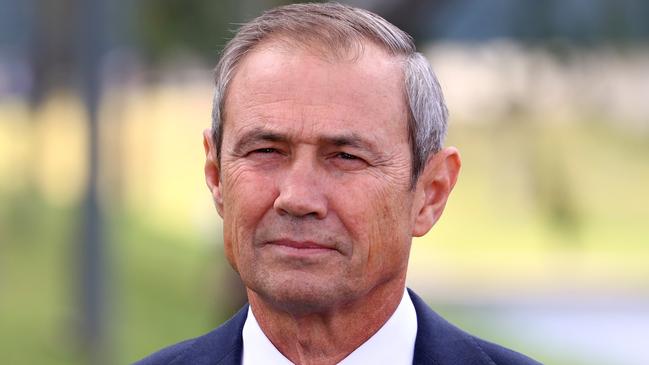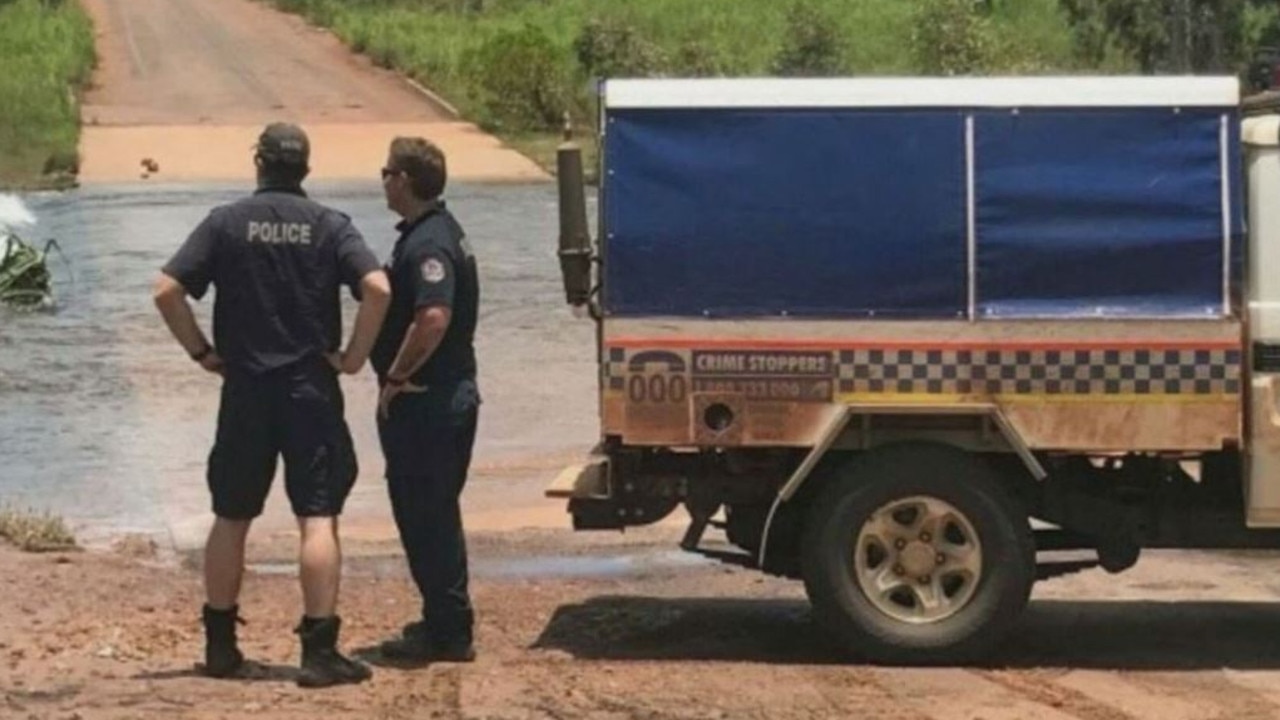WA offers up 8pc of all its land to traditional owners
WA is preparing to hand over control of 8 per cent of the state to traditional owners, opening up 142 remote Aboriginal communities to home ownership and outside investment.

Western Australia is preparing to hand over control of 8 per cent of the state to traditional owners, opening up 142 remote Aboriginal communities to home ownership and outside investment for the first time if that is what the communities want.
The Cook Labor government is drafting a bill to smooth the transfer of the vast estate known as the Aboriginal Lands Trust out of the hands of a statutory body established by government when church missions closed more than 50 years ago.
The lands trust covers 20 million hectares, comprising 284 parcels of land, five pastoral leases and 142 permanent Aboriginal settlements. It is home to an estimated 12,000 Indigenous people.
The trust’s highly restrictive tenure rules have locked up land from development and made Indigenous people public housing tenants for life in communities across Australia’s northwest.
While the proposed transfer of control of trust land to traditional owners has had bipartisan support in WA, The Australian has been told there is some trepidation inside the government.
Senior government figures are concerned that progressing decisively and overtly on the policy could trigger a campaign like the one led by the Pastoralists and Graziers Association to kill off WA Labor’s Aboriginal heritage laws in 2023.
“The Cook government is committed to delivering on its objective to divest the ALT estate into the direct control of Aboriginal people and entities, to facilitate social and economic outcomes that can be delivered through land tenure,” the Cook government told The Australian in a written statement.
“A draft bill is being prepared for parliament to remove barriers to divestment and open up more opportunities for Aboriginal people living on the ALT estate.
“The draft bill has been informed by consultation with Aboriginal community residents, native titles parties and other stakeholders and will be subject to a further round of consultation.
“A key outcome of legislative change is to maximise opportunities for Aboriginal land ownership and management and economic activity.”
The government’s move is the latest push to give Indigenous Australians more direct control of their future after the failed voice referendum, which would have established a national Indigenous advisory body guaranteed in the Constitution. On October 14, only 39.9 per cent of legal votes were in favour of this change and there was not a majority or close to a majority in any of the six states.
While the Albanese government is yet to detail its Indigenous affairs agenda in the wake of the defeat, Northern Australia Minister Madeleine King has revealed she intends to use the Northern Australia Infrastructure Facility – a loans scheme – to create opportunities for home ownership in remote Aboriginal communities.
In the communities where NAIF invests, residents could ultimately buy a house on a 99-year lease, a system akin to that used for all land ownership in the ACT.
Not all communities are enthusiastic about the Cook government’s reforms because they like the controls the Aboriginal Lands Trust provides. Others are already trying to unravel the lands trust’s complex tenure rules so that their people can buy their homes and enter tourism joint ventures with financiers. The only community close to achieving this so far is south of Broome at Bidyadanga, where the community has worked for more than four years towards its goal of turning the former Pallotine mission into a town.
On the Dampier Peninsula north of Broome, the Bardi Jawi Niimidiman Aboriginal Corporation has been negotiating with the state government to end the land trust’s hold over the region so that traditional owners can make the most of tourism opportunities along the stunning coast. Currently no banks or financiers will touch projects on Aboriginal Lands Trust land on the Dampier Peninsula because the tenure is so uncertain. For example at Cape Levique, an investor is waiting with $30 million to reopen the dormant Kooljaman wilderness resort in a joint venture with traditional owners but is unwilling to commit until the project’s land tenure can be guaranteed.
Ed Wensing, a special adviser to SGS Economics and Planning, has written about the ways in which the rules of the Aboriginal Lands Trust hold remote communities back and how that can be changed to facilitate home ownership and economic development.
“The current arrangements are frozen in time,” Dr Wensing, a research fellow at Australian National University and the University of NSW, told The Australian.
“They are from what we call the protectionist era … they only give Aboriginal people use and benefit of the land, it does not give them equity or the ability to use the land as collateral for economic development.”
WA Aboriginal Affairs Minister Tony Buti said: “We see land tenure change as a significant step in the economic and social transformation of remote Aboriginal communities”.
“It is an extremely complex process, and it takes time, but it is a priority for our government, and I am committed to ensuring we see positive and impactful change for these communities,” Dr Buti said. “As a government, we must continue to remove barriers, such as the inflexible land tenure arrangements, unresolved native title issues and support the local delivery of public services, capacity building, training, and business assistance to start or expand Aboriginal enterprises. This will assist Aboriginal people to identify and negotiate opportunities that reinforce their native title rights and present new ventures for their community.”
Proponents of the changes say pastoralists do not need to fear the divestment of the Aboriginal Lands Trust to traditional owners. They believe the reform will mean more not fewer commercial opportunities. They point to the success of the partnership between traditional owners and proprietors of the award-winning El Questro resort in the Kimberley, where the state government helped the Wilinggin people and The G’day Group sweep aside a complicated pastoral lease in favour of a straight-forward deal between the two parties. The resort is thriving and The G’day Group leases the rest of the property from the traditional owners, retaining the right to conduct tourism activities over the whole of the former pastoral lease area.
The deal guarantees employment and training for local youth and the G’day Group purchases carbon credits from the traditional owners’ cool burning program that enables the resort to advertise net zero emissions.







